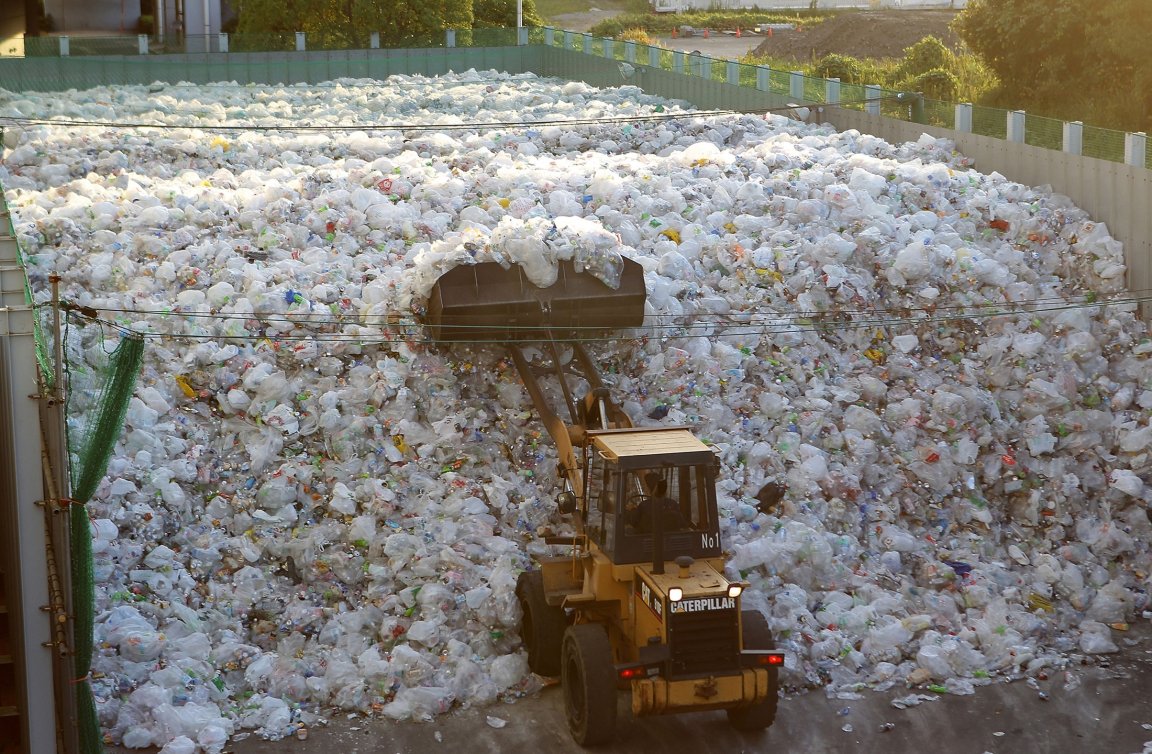
The Breakthrough
Colorado State University chemist Eugene Chen did the impossible. Or at least, he did the seemingly impossible—creating a polymer material from a monomer that was thought to be non-polymerizable by most scientists. In short, this is the world’s first biopolymer that can be fully converted back to its original Gamma-butyrolactone monomer without leaving behind any waste, thus making it fully re-usable.
Chen’s discovery may revolutionize the field of bioplastics while also overturning a long-held scientific belief regarding polymerization.
For his experiments, Chen utilized the monomer Gamma-butyrolactone, also known as GBL. This colorless liquid is a common reagent with several uses. The scientific community believed the monomer was too stable to polymerize; Chen, however, suspected otherwise, so he decided to go with his hunch and began experimenting with GBL polymerization.
Chen and postdoctoral fellow Miao Hong not only figured out how to make GBL form a polymer, the pair also worked out how to cause the polymer to have different shapes.
By altering the conditions and catalysts they used in the reaction, the researchers discovered that they could form either a linear or a cyclic version of the polymer. They found that the material they called poly(GBL) was very similar to P4HB, a polymer derived from bacteria that is used as a biodegradable plastic. Because it is more abundant and cheaper to create, however, poly(GBL) has the potential to replace P4HB in the growing market for bioplastics.
Poly(GBL) has one more property that makes it even more viable as an eco-friendly plastic.
The researchers developed a reverse thermal reaction that caused the polymer to go back to its original monomer form. Unlike existing bioplastics such as PLA that are only partially biodegradable, this reverse reaction makes poly(GBL) fully recyclable. Bioplastic objects made from the poly(GBL) material can be recycled using this thermal reaction. Once recovered, the GBL monomer can be used again in other plastic products.
The Implications
This breakthrough could pave the way for the creation of a bioplastic material that is not only petroleum-free, but can also be recycled under heat easily.
Realizing its potential, Chen has filed a provisional patent for the discovery. “In my 15 years at CSU, I would probably call this my group’s most exciting piece of work,” Chen stated in a press release. “This work creates a class of truly sustainable biopolymers, as they are both biorenewable and recyclable, based on a bioderived monomer previously declared non-polymerizable.”